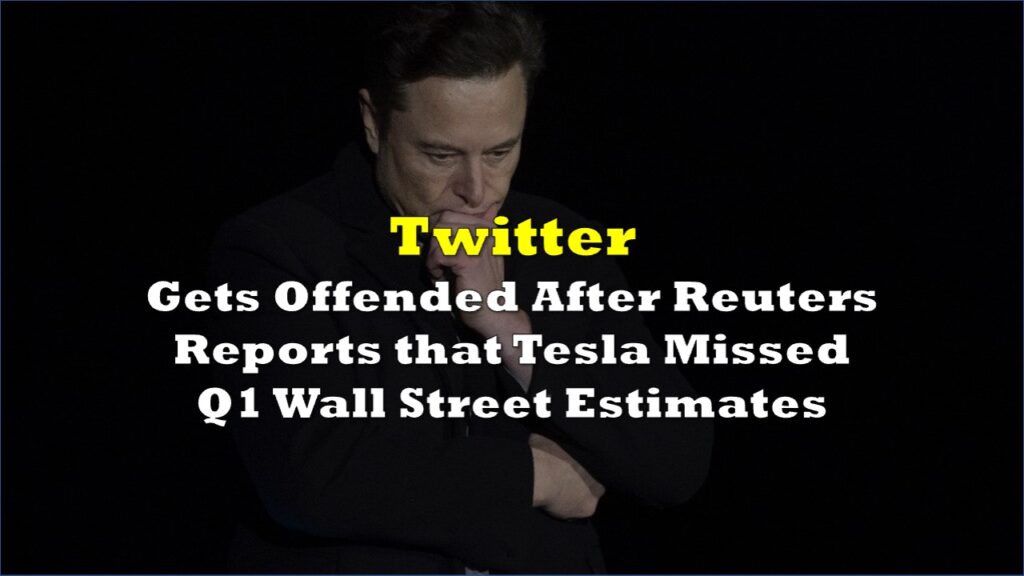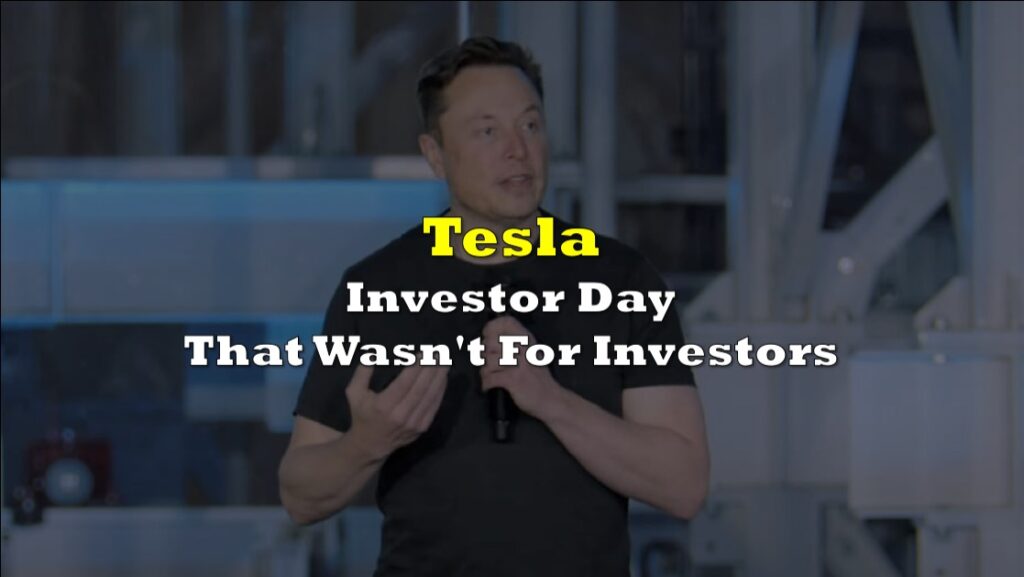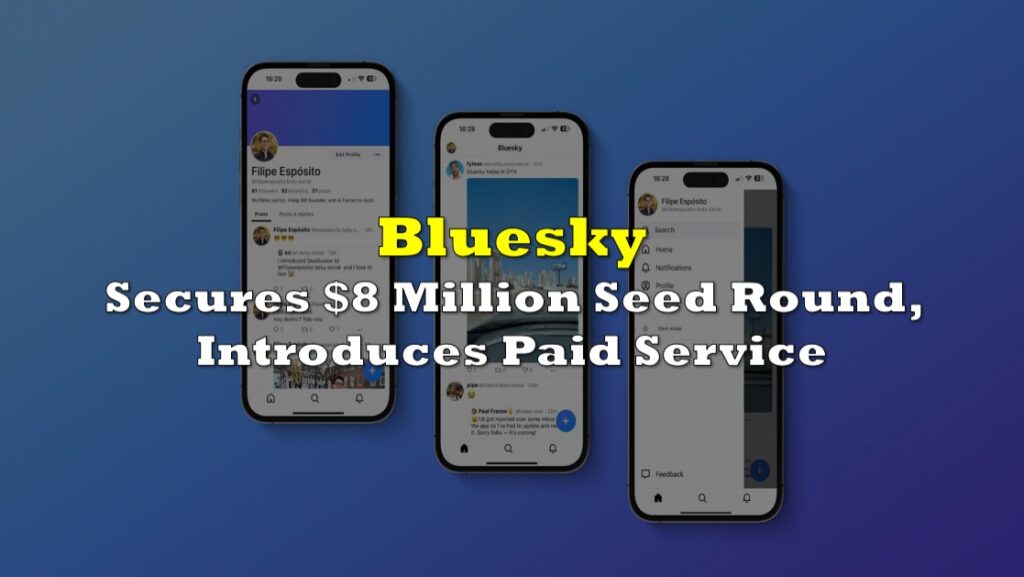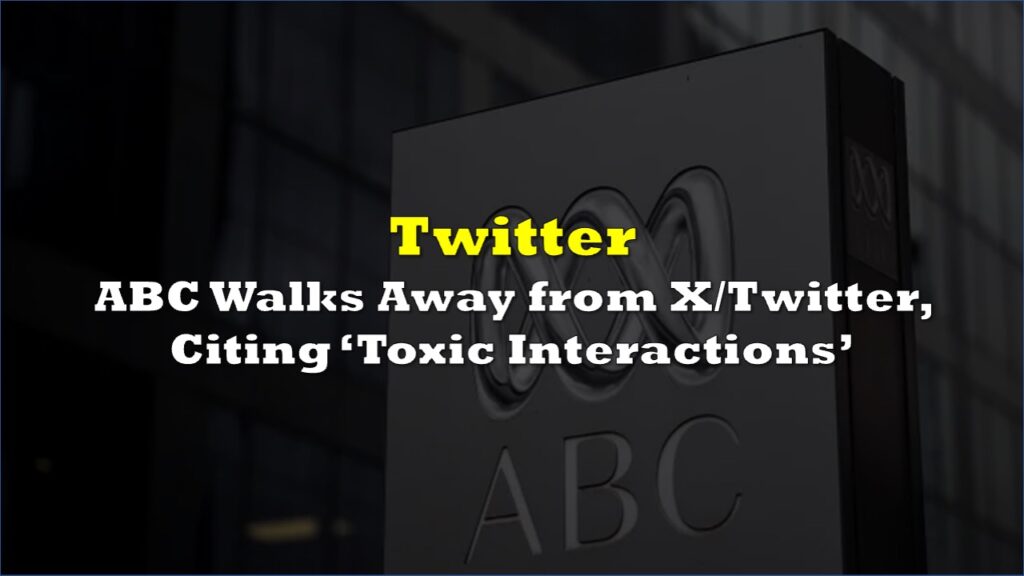As Elon Musk gets increasingly more ambitious regarding plans for his space exploration company SpaceX, it appears that the Tesla tycoon has gained the attention of the US government. Well, the US government’s tax payer-funded money, that is.
The Federal Communications Commission (FCC) revealed on Monday that SpaceX has tentatively been granted a hefty tax payer-funded payday, in exchange for supplying internet access to over 10 million Americans living in rural areas. The funding – $885,509,638 to be exact – will be dispensed over a span of ten years, after SpaceX’s formal proposal is officially accepted.
The FCC published the phase 1 results of its $16 billion Rural Digital Opportunity Fund broadband auction, which resulted in SpaceX coming in third place relative to two other conventional internet service providers. However, Musk’s company significantly outperformed all other of its satellite competitors, even Hughes, which is the only other low-earth orbit US satellite provider that entered the auction, earning only $1.2 million.
Although other broadband internet providers such as the Rural Electric Cooperative Consortium and Charter Communications were able to secure significantly more government funding than SpaceX, Musk’s space exploration company will be able to provide service for 35 states across the US, by far the most compared to all the other winners of the auction. If SpaceX’s long-form proposal is accepted by the FCC, nearly 643,000 households between New York and Wyoming would get access to satellite broadband.
However, before the end of January, SpaceX along with its winning competitors must complete a more detailed proposal in order to officially receive the funding. Although SpaceX’s subsidiary Starlin,- which if successful in the final FCC auction process will be the company delivering the broadband satellite service, has been performing well, its technology is still only in the beta testing phase. Nonetheless, eager consumers can still participate in Musk’s “Better than Nothing Beta” test for the not-so-friendly price of $499 for a one-time hookup followed by a $99 per month fee thereafter.
Conversely though, Musk’s latest ambitions to fill the US sky with copious amounts of satellites will likely not sit well with many Americans, especially if their tax dollars will be funding the entirety of the endeavour. In fact, numerous scientists and astronomers have voiced their concerns over the alarming rise of Starlink low-earth orbit satellites clogging the night sky and creating too much illumination that gets in the way of seeing distant planets and stars.

Starlink plans to rollout its service to the public sometime in 2021, which will likely result in more of Musk’s competitors joining the race. Other space-enthusiast billionaires such as Jeff Bezos and Richard Branson both have entertained the idea of launching their own satellites to deliver high-speed internet access to millions around the world.
Information for this briefing was found via the FCC. The author has no securities or affiliations related to this organization. Not a recommendation to buy or sell. Always do additional research and consult a professional before purchasing a security. The author holds no licenses.









